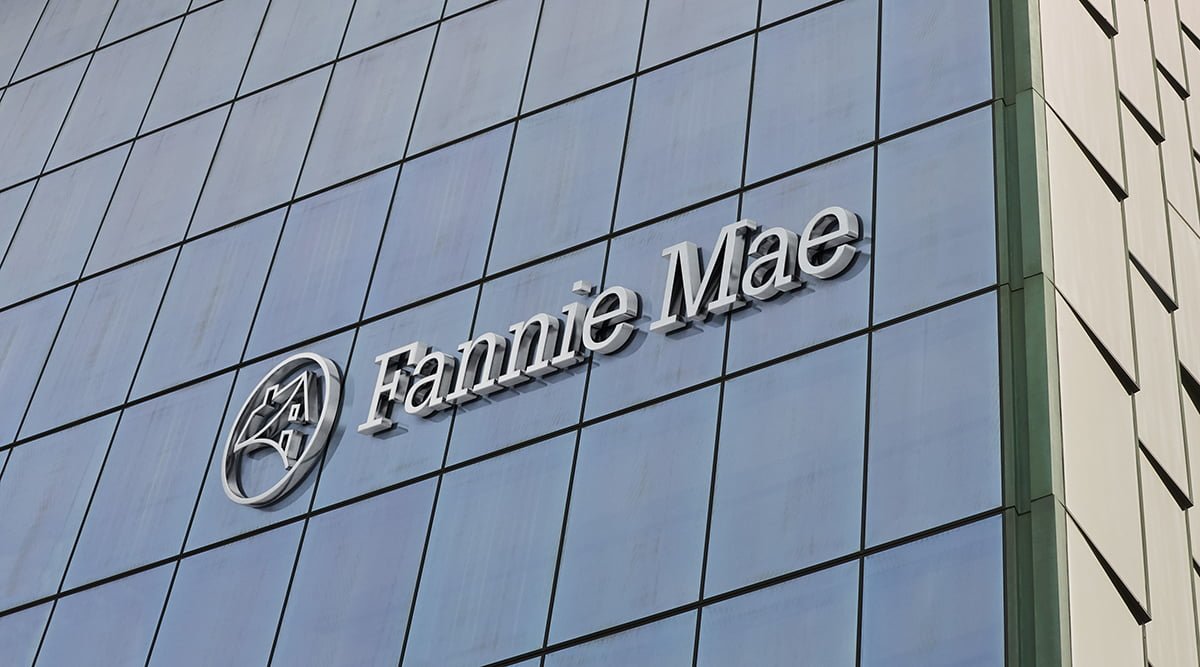Fannie Mae released its fourth-quarter earnings results last week, and auditors weren’t happy with the way things were done. A closer look at Fannie Mae’s audited Q4 earnings report reveals some interesting questions, according to bank analyst Dick Bove of Odeon Capital.
Q4 2019 hedge fund letters, conferences and more
Problems with Fannie Mae’s audited Q4 earnings
Deloitte and Touche served as auditors for Fannie Mae’s latest financial statements, and they did not provide a clean audit. The firm said it “expressed an adverse opinion on the Company’s internal control over financial reporting because of a material weakness.” The weakness seems to refer to the flow of information between Fannie and the Federal Housing Finance Agency, according to Bove.
He finds it “unsettling” that the only place investors can see Fannie Mae’s audited Q4 earnings results is on page 281 of the 357-page 10K filing for 2019. That page reveals that Fannie reported $99 million in income available to shareholders, which amounts to 2 cents per share. That compares to 1 cent per share in the previous quarter and flat earnings in the year-ago quarter.
“The company chooses not to focus on this figure preferring to discuss its net income instead — i.e., income before the payment of dividends and other minor changes,” Bove wrote.
Dividend paid to Treasury
He noted that the government-sponsored enterprise never even gave its earnings per share number in the press release about the report. Further, Fannie Mae said in its audited Q4 earnings report that it paid a $4.3 billion dividend to the U.S. Treasury.
“Management argues that it paid no dividend because the dividend was not paid in cash but in the form of a unique type of what I would call a loan,” Bove wrote.
He added that on page 214 of Fannie Mae’s audited 10K filing, the company states, “The aggregate liquidation preference of the senior preferred stock will increase from $131.2 billion as of December 31, 2019 to $135.4 billion as of March 31, 2020.”
In other words, the value of the senior preferred shares will be increased by the amount of the $4.3 billion dividend, Bove added.
“Thus, the company believes it is not required to show the increase in its obligation under the senior preferred because the dividend was not paid in cash,” he wrote. “This dividend will be paid in cash when, and if, the senior preferred is ever redeemed.”
Is Fannie Mae really increasing its net worth?
According to Bove, based on the way the Fannie Mae has down its accounting in its audited Q4 earnings report, the company decreased its retained earnings deficit by the amount of the dividend and now argues that its net worth is higher. If the company does sell common shares at some point, it will require the senior preferred shares to be redeemed. In that case, the supposed increase in net worth will be wiped out.
“Thus, one wonders if this novel accounting treatment has been put in place to make the press, and the investing public, believe that there has been a chance in the firm’s net worth in order to facilitate a stock offering,” he wondered. “If so, one further wonders about the legality of creating a financial illusion through the use of creative accounting, specifically for this purpose.”





